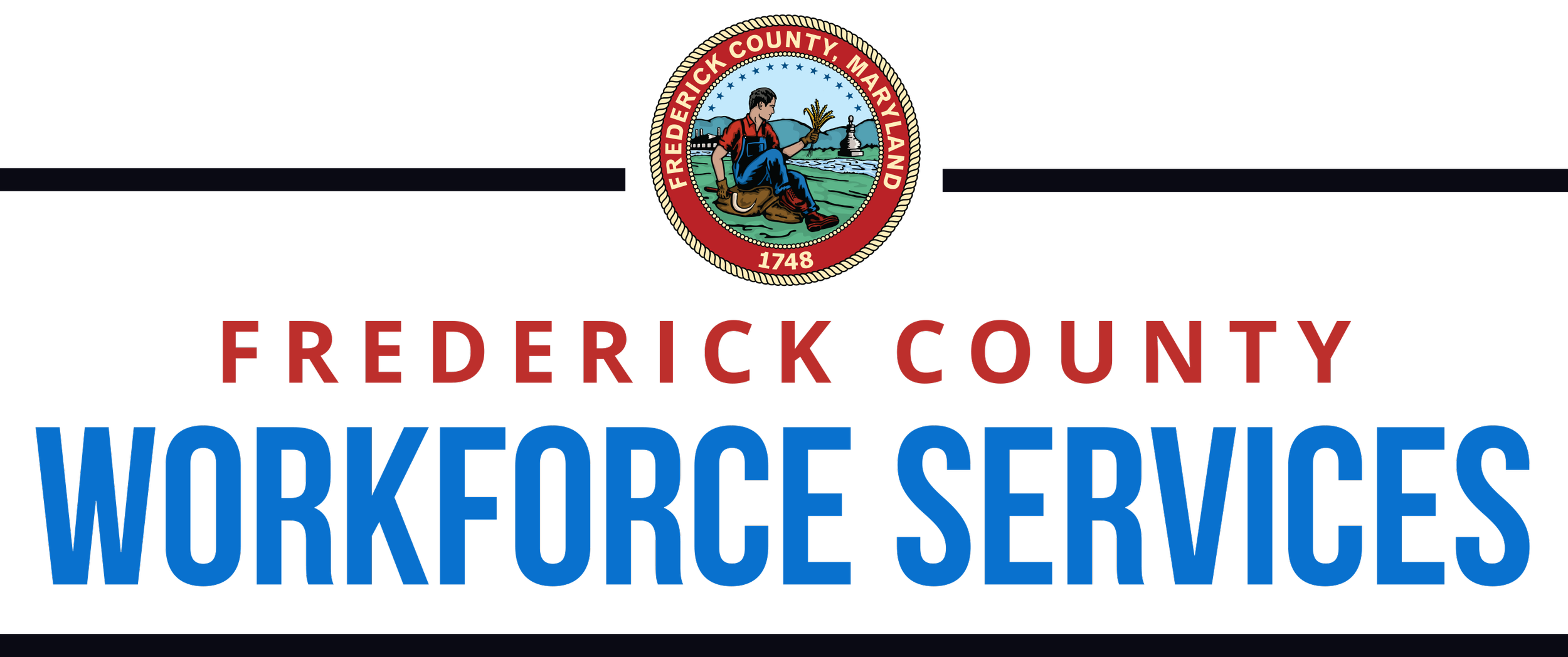The Future of Work: How AI is Transforming Growing Industries
By Latrice Lewis, Senior Business Development Specialist, MBA, CPRW, GCDF, CBEP, CWDP
As we look to the future of work, artificial intelligence (AI) is rapidly reshaping how industries operate and innovate. In sectors like manufacturing, bioscience, healthcare, and the construction/trades, AI is automating repetitive tasks, enabling smarter decisions, optimizing efficiency, and unlocking new economic potential. Far from replacing the human workforce, AI is increasingly seen as a collaborative tool that enhances productivity and drives innovation.
In manufacturing, AI is revolutionizing production lines through predictive maintenance, real-time quality control, and robotics integration. Smart factories equipped with AI-powered systems can identify equipment issues before they lead to costly downtime and adjust workflows on the fly to meet demand. Similarly, in biosciences, AI is accelerating drug discovery, genetic research, and diagnostic tools. Machine learning algorithms can process massive datasets in ways no human can, significantly reducing the time it takes to bring life-saving treatments to the market.
The healthcare industry is also experiencing a profound transformation. From AI-assisted surgeries and diagnostic imaging to virtual health assistants and predictive patient care, AI is improving outcomes and access. Hospitals and other healthcare providers are increasingly using AI to detect diseases earlier, personalize treatments, and manage patient data more securely and efficiently.
Meanwhile, in the construction trades, AI is helping to manage project timelines, predict material needs, improve safety through wearable tech, and enable precision in design and planning with tools like generative design and drone surveillance.
These advancements signal a shift in the skills required in the workforce. As AI becomes more integrated, the demand for tech-savvy workers who can manage, interpret, and collaborate with AI systems will grow across all industries. The future of work will prioritize adaptability, lifelong learning, and the ability to work alongside intelligent machines. For businesses and workers alike, embracing AI is no longer optional—it’s essential for staying competitive in a rapidly evolving economy.
Artificial intelligence (AI) is revolutionizing the future of work across key growth industries such as manufacturing, bioscience, healthcare, and construction. Rather than replacing human workers, AI is enhancing productivity, streamlining operations, and enabling smarter decision-making. From predictive maintenance in smart factories to AI-assisted surgeries and generative design in construction, the technology is driving innovation and efficiency. As AI continues to evolve, workers will need to adapt by developing “new” tech skills, embracing continuous learning, and becoming comfortable collaborating with intelligent systems.
To stay informed on AI developments, consider exploring the resources provided via this link: https://datanorth.ai/blog/top-ai-newsletters
These platforms offer insights into current AI trends, real-world applications, and the future landscape of work with AI.
